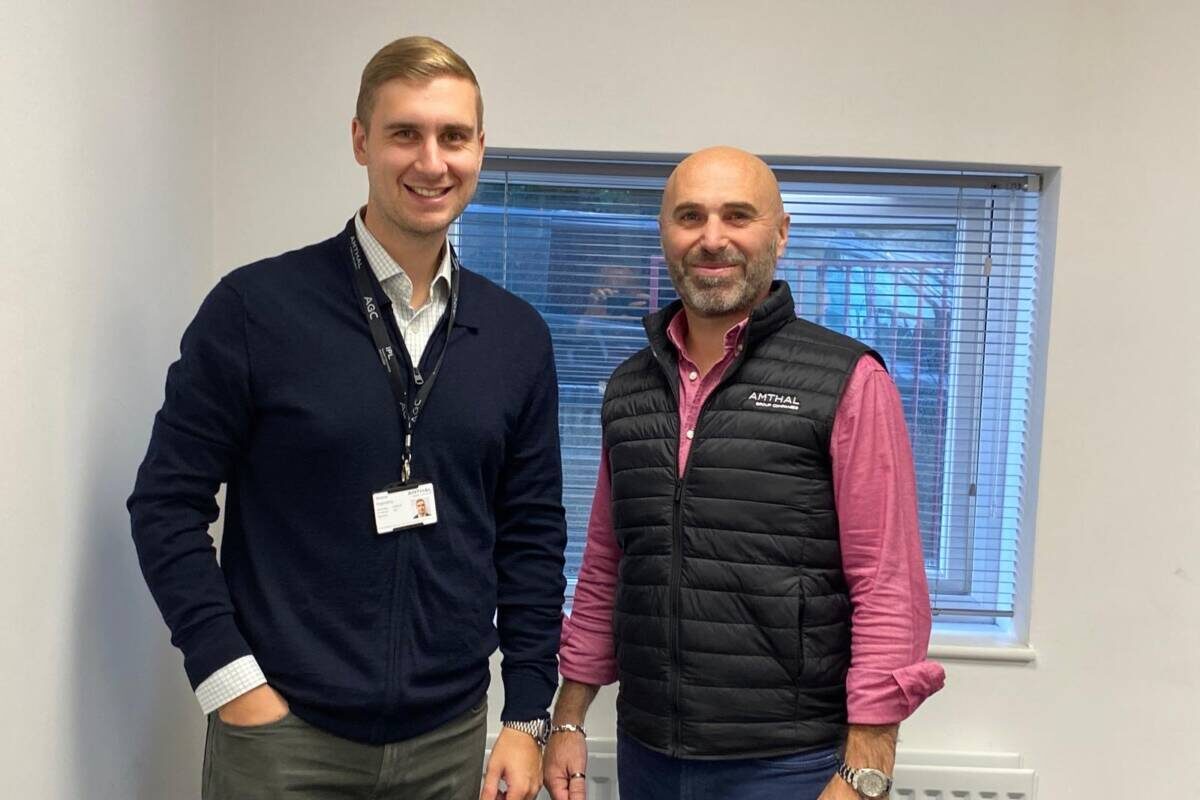A Kaspersky report recently found that over half of internet users (56%) feel that complete privacy in the modern digital world is impossible and it’s not hard to see why that view exists. With nine in ten (89%) consumers going online several times a day, the internet has become inextricably linked to everything we do – from shopping and watching movies, to making our next career move, socialising and banking. Our actions online even denote the type of content we see, with targeted ads making some feel like their safe zones are being invaded. So is the internet a safe zone or a war zone?
Kaspersky’s research shows that one-in-three (32.3%) people don’t know how they can fully protect their privacy online, while some people believe they don’t have enough power to stand against privacy violations. Worryingly, more than one-in-ten (13%) have lost interest in how they can further improve their privacy.
While it can feel like a war zone, the online world can be safe with the right forethought. Delving into how much people really value and protect their information, many consumers are – perhaps unwittingly – putting themselves at increased risk by not playing safe with their personal data. This could undermine all of the other measures put in place to keep it secure.
While the perception of privacy is different for everyone, there are very real consequences associated with personal data being misused or falling into the wrong hands. Despite this, one in five (18%) would happily sacrifice their privacy and share their data if they got something free.
Social media sharing can also be a downward spiral, with many people reckless with data and personal information online in a bid to achieve short term gains and social ‘likes’ – with sometimes disastrous long-term consequences. The alleged ringleader of the group that robbed Kim Kardashian in Paris in 2016 claims that social media made him, and his associates, aware of the trip and able to appraise her jewellery before the terrifying heist. While this may sound like an extreme example, it is becoming more common for employers and potential employers to scour LinkedIn, Instagram, Facebook and Twitter to check that staff and candidates are reputable and workers are not bringing the company into disrepute.
The concept of online privacy can be complex, but from financial through to emotional consequences the misuse of online data can be far reaching and the effects felt for many years. Despite media hype, online privacy breaches are very real. Kaspersky’s research found that over a quarter (26%) of people have had their private data accessed by someone without their consent – rising to almost a third (31%) of 16-24 year olds. For 24% of these people, their private or secret data was stolen and abused. Almost half (46%) had their private data accessed via online accounts without their permission.
David Jacoby, Kaspersky Head of Security Research – North Europe, said: that not all hope is lost on privacy. With Kaspersky taking a more holistic approach to securing personal systems, people can remain protected: “We are focused on cyber-immunity, with the aim of protecting all environments from cyberthreats. The key is prevention, and through education and simple, easy to understand tips and tricks we aim to make online life safer for everyone.
“Privacy and online safety are very personal concepts, we all have different ‘levels’ of security but the most important is that we actually have some sense of security and take responsibility of our own online identity. Despite our fears and the realities associated with online data abuse, data privacy is and should be achievable by everyone. Secrets can stay safe and data loss should not be an expectation but an exception when transacting online. Good digital hygiene and an awareness about the importance of online privacy and how to safeguard yourself could stop you and your data from becoming compromised.”
To help keep your online world private and stop you from falling victim to data misuse, there are four simple steps to follow. Firstly, think twice before you post on social media channels. Could there be wider consequences of making your views or information public? Could content be used against you or to your detriment now or in the future?
Secondly, don’t share passwords to your online accounts with family or friends. It might seem like a good idea or a convenient way of sharing accounts with loved ones, but it also adds to the likelihood of passwords being uncovered by fraudsters. Keep them to yourself to safeguard your privacy in the event that one of those personal relationships turn sour.
Thirdly, take your online privacy seriously and don’t share or permit access to your information with third parties unless absolutely necessary, to minimise exposure of it falling into the wrong hands.
Lastly, a combined solution of security products and practical steps can minimise the threats and keep your data safe online. Reliable security solutions for comprehensive protection from a wide range of threats – such as Kaspersky Security Cloud and Kaspersky Internet Security, including the use of Kaspersky Password Manager to safely store your valuable digital data – can help solve the problem of keeping your personal information under control.
For more security news visit here.



























